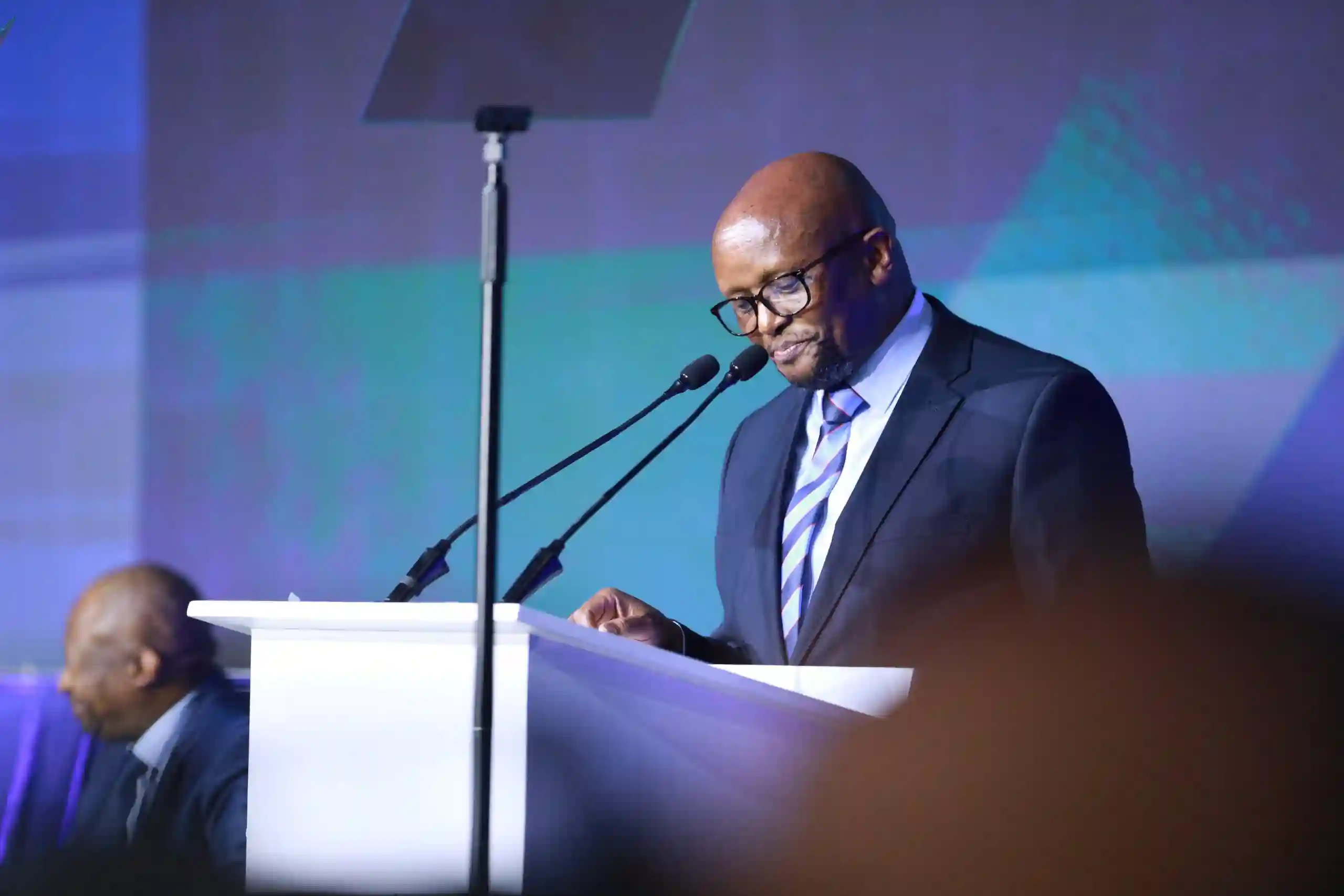The African Union Election Observation Mission (AUEOM) to South Africa has commended the Independent Electoral Commission (IEC) over how it conducted the 29 May 2024 National and Provincial elections.
The AUEOM, which included 65 observers from 26 African Union Member States, was deployed from 21 May to 3 June 2024 at the invitation of the South African Government and the IEC.
The Mission was led by Uhuru Muigai Kenyatta, former President of Kenya, and supported by Ambassador Bankole Adeoye.
In its preliminary statement on the elections issued in Johannesburg, South Africa, on 31 May 2024, the head of the mission, Kenyatta highlighted “commendable practices noted” by AUEOM, which are as follows:
- The introduction of independent candidates leading to the opening of the political space.
- Online voter registration and verification provided access to more potential voters, primarily the youth.
- The open door and consultative policy of the Electoral Commission enhanced confidence and trust in the electoral process.
- The invitation to parties to audit the results management system is a mark of transparency that contributes to the credibility of the elections.
- A comprehensive results management process included a verification and independent audit mechanism.
- The signing of the Electoral Code of Conduct by political parties and independent candidates committing to abide by the rules and conduct conducive to free and fair elections.
- The continuous use by the IEC of the Party Liaison Committees (PLC) as a regular platform for engagement with political parties.
- Encouragingly, South Africa has established robust electoral dispute resolution structures to handle cases and deliver judgments that aim to provide both restorative and retributive outcomes. The effectiveness of these structures was evident in the expeditious adjudication of numerous electoral cases during the 2024 electoral process.
- Peaceful, accommodative and issue-based campaigns which contributed to reduced tensions and helped citizens make informed voting choices.
- Special voting, including home visits, prisoners and diaspora voting broadened voter participation and enhanced the democratic rights of citizens.
- The notable participation and involvement of women and youth in various roles.
- Regular updates from the IEC helped reassure citizens and stakeholder and manage perceptions. This strategic approach increased trust in the electoral process.
The AUEOM’s preliminary recommendations are as follows:
To the Government and Legislators
- Incorporate specific gender equity legislation to bolster female representation and ensure compliance with constitutional and international gender equality commitments.
- Improving enforcement mechanisms and extending the PPFA’s provisions to cover independent candidates would ensure full financial transparency and accountability in future elections.
To the Independent Electoral Commission
- Improve VMD reliability to prevent delays and ensure smoother verification of voters.
- Strengthen logistics to avoid late arrivals of essential materials on election day.
- Given the introduction of a third ballot and the increasing number of registered voters, consider increasing the number of voting stations to ensure efficient processing and reduce delays.
- Increase the number of voting stations to avoid the long queues witnessed in some voting centres, which lead to voter fatigue and late voter processing and counting.
To Political Parties
- Actively support and promote female candidates, ensuring equitable representation in candidate lists and leadership positions.
To Civil Society Organisations
- Continue to advocate for women’s rights and gender equality in politics, lobbying for legal reforms and supporting female candidates through various initiatives.
More: Pindula News

